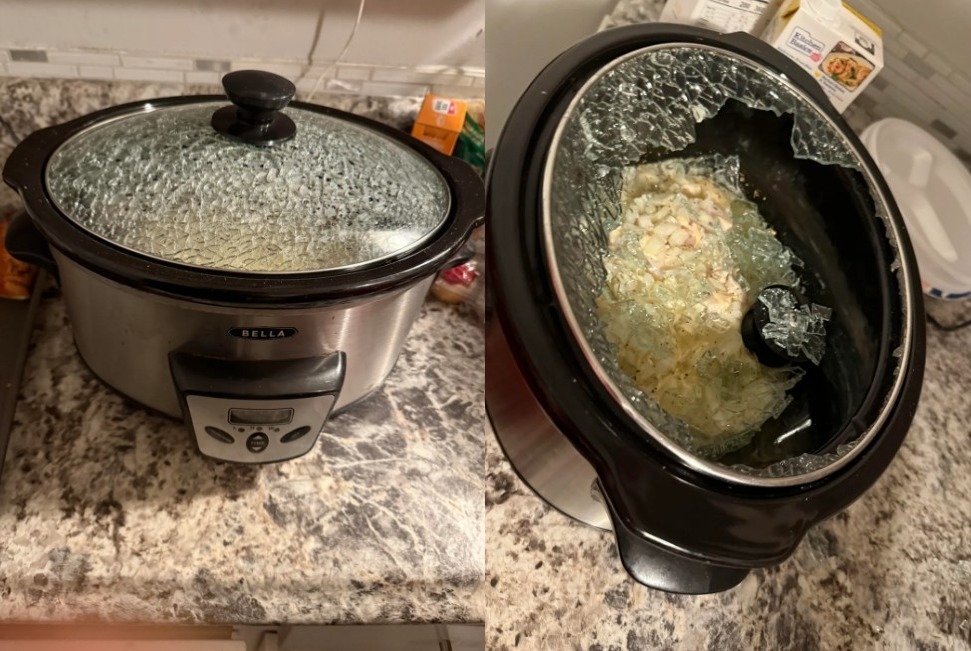5. Lean Meats (Without Moisture)
While slow cookers excel at tenderizing tough cuts of meat, lean meats like chicken breasts or pork loin can dry out easily. Without enough moisture or fat, these proteins become stringy and bland.
What Happens: Lean meats lose their juiciness and texture, resulting in a disappointing meal.
Solution: Choose fattier cuts like thighs, chuck roast, or shoulder. Alternatively, add extra broth or marinade to keep lean meats moist.
6. Pasta
Cooking pasta in a slow cooker often leads to mushy, overcooked noodles. Since pasta requires less time to cook than most slow-cooker recipes, it absorbs excess liquid and breaks down.
What Happens: Pasta turns into a soggy mess, ruining the consistency of soups or casseroles.
Solution: Cook pasta separately and stir it into the dish just before serving. If using lasagna noodles, look for no-boil varieties that hold up better.
7. Rice
Similar to pasta, rice tends to absorb too much liquid and overcook in a slow cooker. White rice especially can become sticky and overly soft, while brown rice may remain undercooked due to uneven heating.
What Happens: Rice either gets mushy or stays crunchy despite extended cooking times.
Solution: Cook rice separately and combine it with the rest of the dish afterward. Instant rice works better in slow cookers but still requires careful timing.
8. Raw Beans
Dry beans, particularly kidney beans, require soaking and boiling before being safe to eat. Cooking them directly in a slow cooker poses a health risk because the low temperature fails to eliminate toxins naturally present in certain types of beans.
What Happens: Undercooked beans can cause food poisoning due to lectins, which are toxic compounds found in raw or improperly cooked beans.
Solution: Always soak and boil beans on the stovetop before adding them to the slow cooker. Canned beans are a safer alternative since they’re pre-cooked.
9. Delicate Vegetables
Vegetables like spinach, zucchini, and mushrooms release a lot of water and can become mushy or disintegrate in a slow cooker. Their texture suffers significantly after hours of simmering.
What Happens: Spinach wilts into nothingness, zucchini turns watery, and mushrooms lose their structure entirely.
Solution: Add delicate vegetables during the last 30–60 minutes of cooking to preserve their integrity.
10. Whole Eggs
Whole eggs cooked directly in a slow cooker often end up rubbery or unevenly cooked. Scrambled eggs or boiled eggs lack the precision needed for proper texture in a slow-cooking environment.

